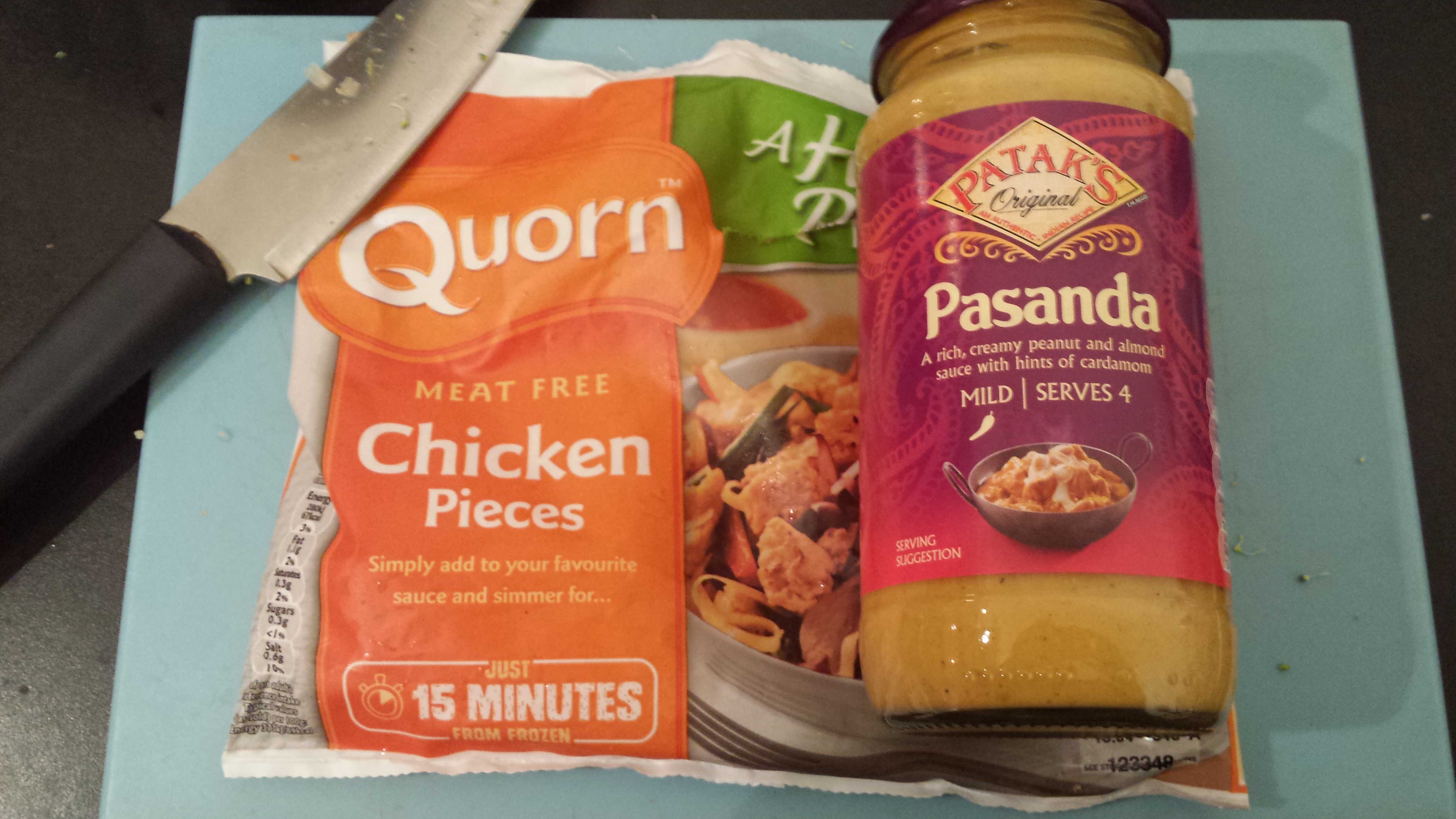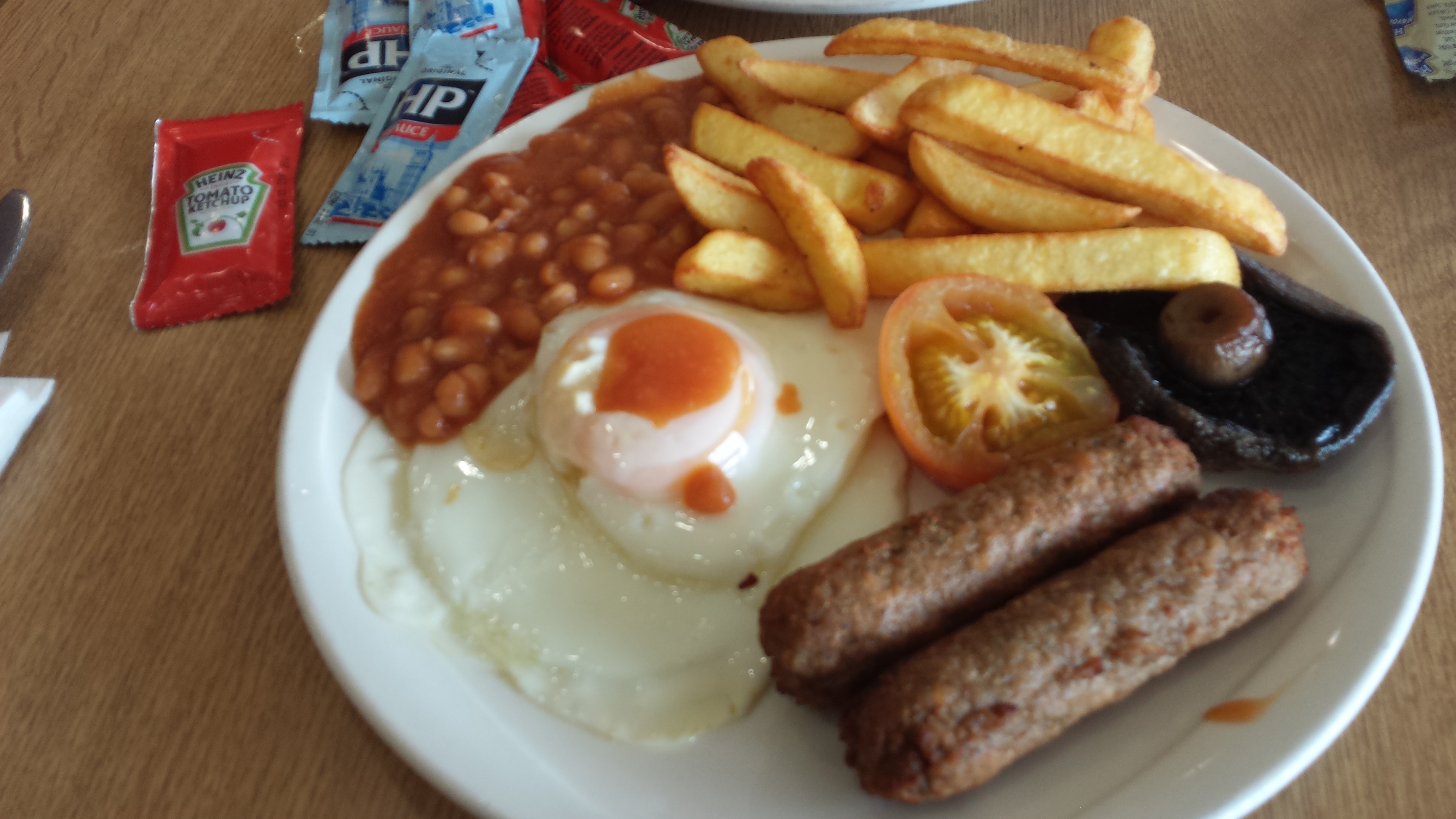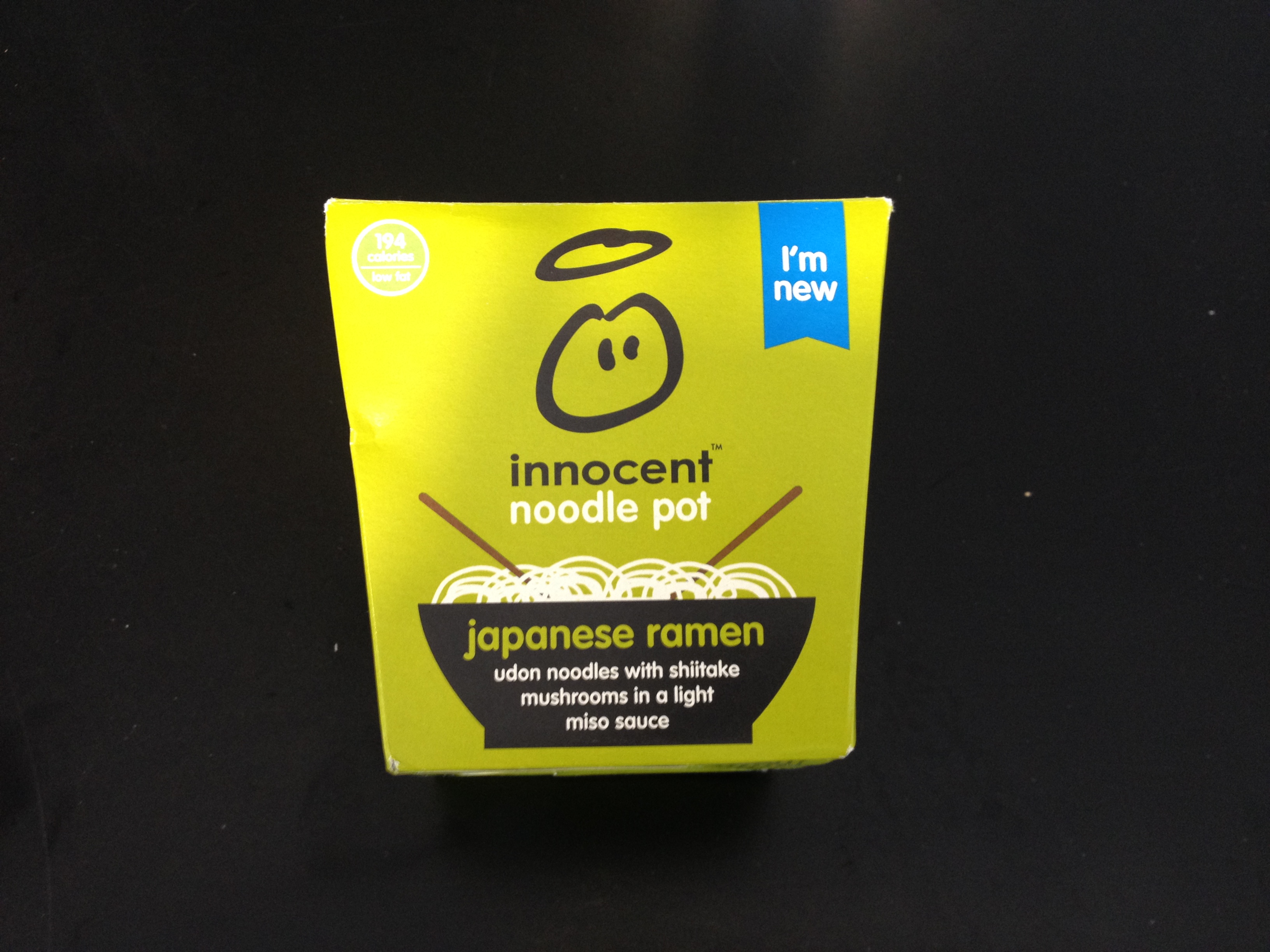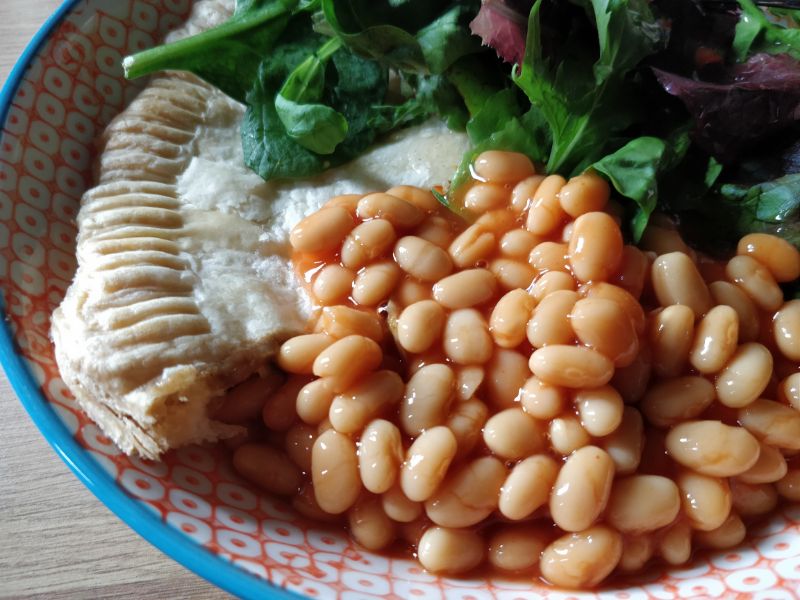Organic food: tricks of the trade
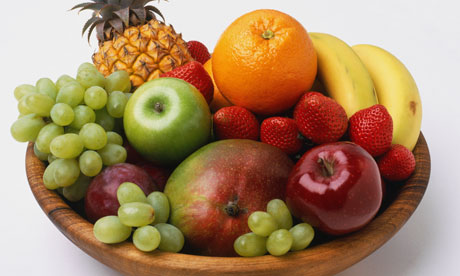
Do you buy organic? I think given the choice most of us would like to choose local, fresh produce over fruit and veg which has been shipped from half way across the globe. I was surprised this week when I caught up with a TV series about retail tricks of the trade to learn that there are many unscrupulous characters at our food markets who are passing off supermarket basic ranges for the real organic deal.
Last year we spent £5.5 billion on locally sourced food and with the horse-meat scandal having raised the public’s awareness this is sure to continue to rise to £6.5 billion in 2017. Sadly, this means that food fraud is on the rise with 1/6th of organic, handmade, fresh food in 2011 being found to be fake by one local trading standards.

Despite being pretty angry that people start out to trick unsuspecting members of the public I have to admit the data doesn’t look that good for the customer when it comes to being able to tell the difference between organic and non-organic produce. Channel 4 discovered that when offered a sample of organic apples in comparison to non-organic apples 70% of those who were asked to choose, simply by look and taste, failed to point out which was which. Most members of the public expect organic produce to be ‘ugly’ as it’s commonly understood that supermarkets prefer the ‘perfect’ produce and can be mislead by their eyes.
So how can we conscientious customers be sure that we’re getting what we pay for? There are some simple tips such as check proof of provenance for the items you buy. Sellers of genuinely organic, local produces are made to display the logo of the recognised organisations to which they belong, of which there are 9. So, don’t despair, be sure to ask the purveyor questions about the provenance and if you’re unsure demand to view their accreditation.
